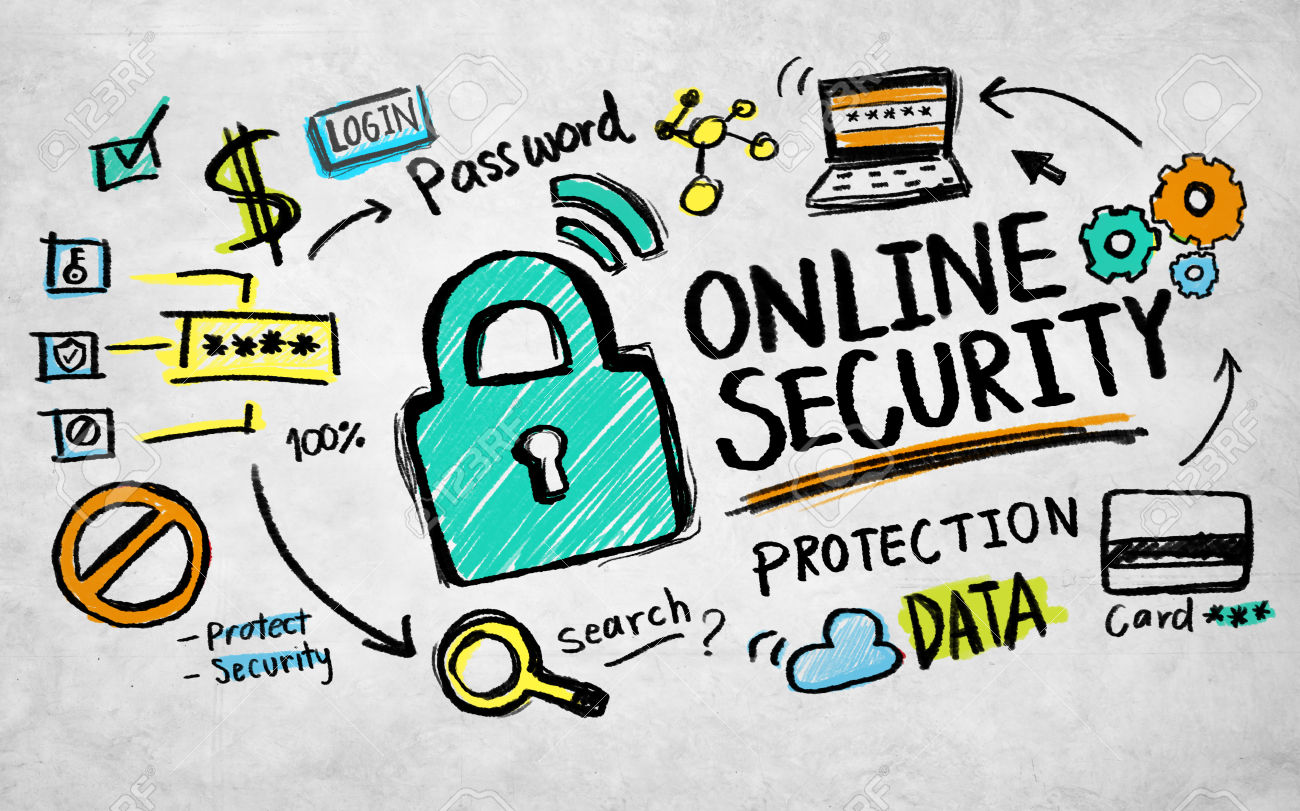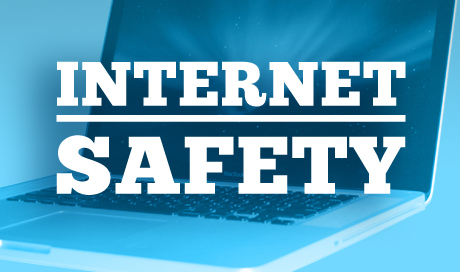February 7, 2017
Happy Safer Internet Day- Tips to Stay Safe on Internet
If you are reading this article then I’m 100% sure that you are using internet, today is safer internet day and I’m here to give you some tips on surfing the internet safely. Just like there are dangers in the ocean, there are many dangers lurking on the Internet. And a savvy web surfer and searcher know that there’s ways to protect themselves. Here are some tips to keep you safe while you surf the internet.

Here are 6 tips for the same:
- Find and use a trusted piece or suite of antivirus software. Most viruses and malicious programs that can’t be dodged with the rest of the precautions below are relatively minor ones that can be dealt with by antivirus software. This is a program or set of programs that you can install on your computer to detect and outright block many viruses and other malicious programs that try to enter your computer from the Internet. Many of these programs also have measures for isolating viruses that do happen to make it onto your computer so that they can’t do damage, and then you can either delete them or find a way to fix the infected file(s) from there.

- Safely peruse.Beware of phony websites. These sites may have an address that’s very similar to a legitimate site, but the page can have misspellings, bad grammar or low resolution images. However, scammers are getting better at replicating sites so make sure. If a site asks for personal information, that you double check the URL and make sure it’s not asking for your personal information.

- If a website or email looks fishy, delete it or otherwise get away from it. We explained that certain types of Internet dangers — such as Trojan horses or phishing scams — are designed to trick victims into doing something dangerous that they otherwise wouldn’t. However, many of them aren’t all that clever or convincing, if you look closely at them. There are often dead giveaways that you can look for to know that you’re dealing with a phony website or email, such as advertising that seems too good to be true, numerous spelling and grammar mistakes, weird-looking or misspell email sender addresses or web addresses, or direct requests over email for personal information or money (most legitimate businesses will never do this).

- Control how much personal information you put on the Internet. Cyber-criminals can’t steal your identity or financial information over the Internet if you don’t put it there for them to find in the first place. Doubtless, though, there will be some websites where you are required to input personal information, such as if you are buying or selling things. Use the guidelines in tip #3 to only give your personal information to websites that can be trusted to keep it secure.

- Only make payments on trusted websites. If you’re going to use trusted e-commerce websites to buy goods and services, make sure to pay for your stuff through the specific website that you’re using at the time, if you can. This ensures that a trusted website has a record of your transaction, and can help you out if something goes wrong.
Some third-party sellers attempt to have customers make payments for items outside of the websites that they sell them on. Not only do many e-commerce websites disallow this (because it cheats them out of commission fees), but even if a site does allow it, you probably shouldn’t go for it. It’s a very easy way to get scammed, since nobody with the proper authority will have a paper trail to help you track down and punish the scammer.

- Log out of websites and other Internet-based programs when you’re done using them. This is a really important precaution if you use public computers, but it’s not a bad idea in general. If you’re using a website where you have to log into a user account, be sure to log out of your account once you’re finished using the website. Also, disable any features of that website that allow you to stay logged in if you close your web browser or don’t do anything while logged in for a little while. Forgetting that you’re logged into a website or Internet-based program could mean that a stranger could sit down at the computer you were using, and find that they’re able to access your account without even cracking your user name or password. That’s a very easy way to have your confidential information stolen.
These are the basics to help you stay safe online. Stay safe stay happy.
By:
Harshdeep Grover


